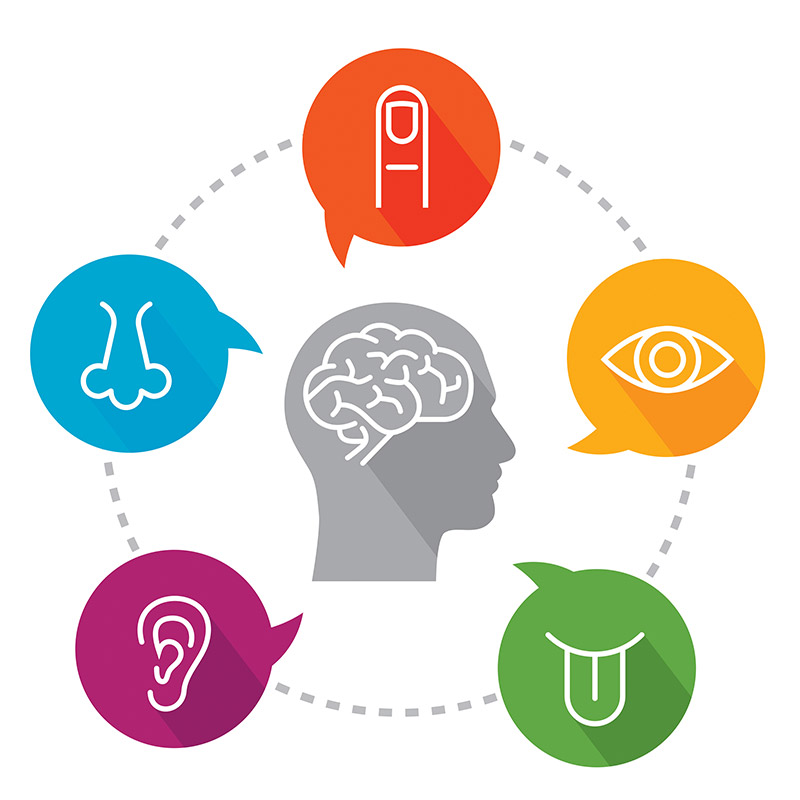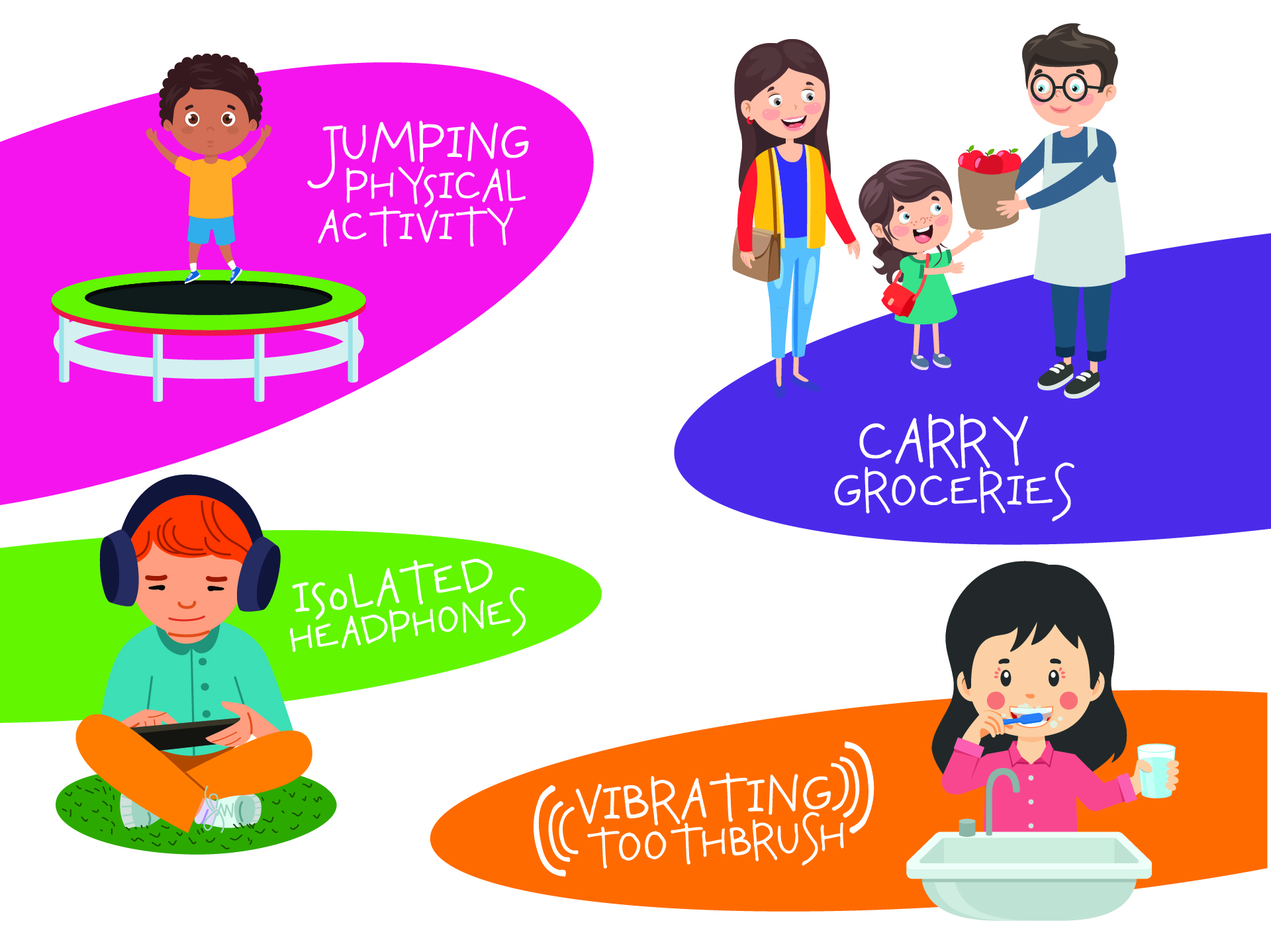
Making Sense of the Senses: Sensory Integration
Sensory Integration Therapy: Helping Your Child Process Sensory Information
"For children who struggle to process and respond to external stimuli—such as sights, sounds, textures, smells, and tastes—Sensory Integration Therapy can make a big difference. At Al Najma Center, our therapists often recommend one-on-one therapeutic play sessions, designed to help children develop appropriate adaptive responses and improve their sensory processing skills"
What is Sensory Integration?
Sensory integration is the way we process, organize, and respond to sensory information from our bodies and the environment. In simple terms, it’s how we experience, interpret, and react to (or sometimes ignore) the information coming from our senses. Sensory integration plays a crucial role in everything we do daily, such as:
♦ Daily living activities (e.g., getting dressed, brushing teeth)
♦ Moving around (e.g., walking, running)
♦ Socializing (e.g., interacting with others)
♦ Learning (e.g., listening, focusing)
♦ Working (e.g., completing tasks)
Sensory integration is a natural process that develops as we engage in everyday activities. However, for some children, sensory integration doesn’t develop as efficiently, which can affect their ability to participate in daily tasks, impact their behavior, or make learning and social interactions more difficult. At Al Najma Center, we specialize in helping children overcome these challenges through targeted therapy.
 Understanding Sensory Processing
Understanding Sensory Processing
► We receive sensory information through the following senses:
» Vision
» Auditory (hearing)
» Tactile (touch)
» Gustatory (taste)
» Olfactory (smell)
» Proprioception (sense of body position)
» Vestibular (sense of movement and balance)
» Interoception (sense of internal body states, like hunger or heart rate)
When children face sensory integration challenges, they may have difficulty processing and responding to sensory inputs in a way that allows them to engage fully in everyday activities. This can interfere with learning, behavior, and social participation. At Al Najma Center, our therapists work closely with families to tailor therapy plans to each child’s unique needs.


